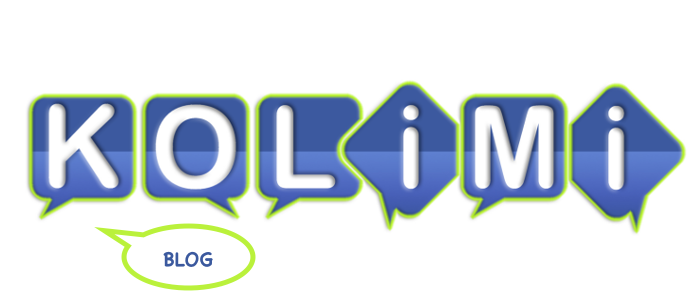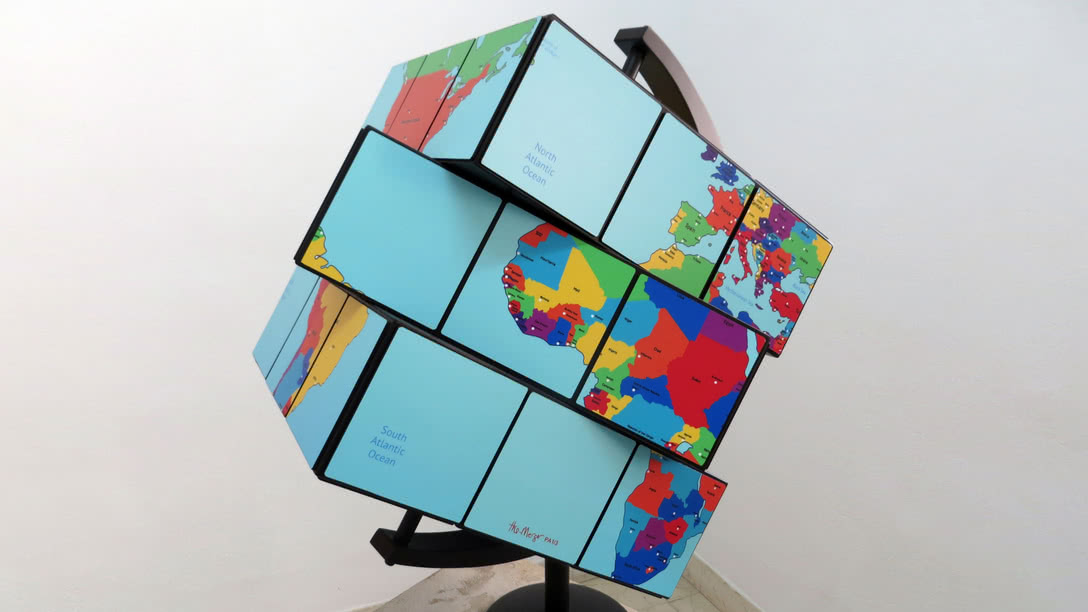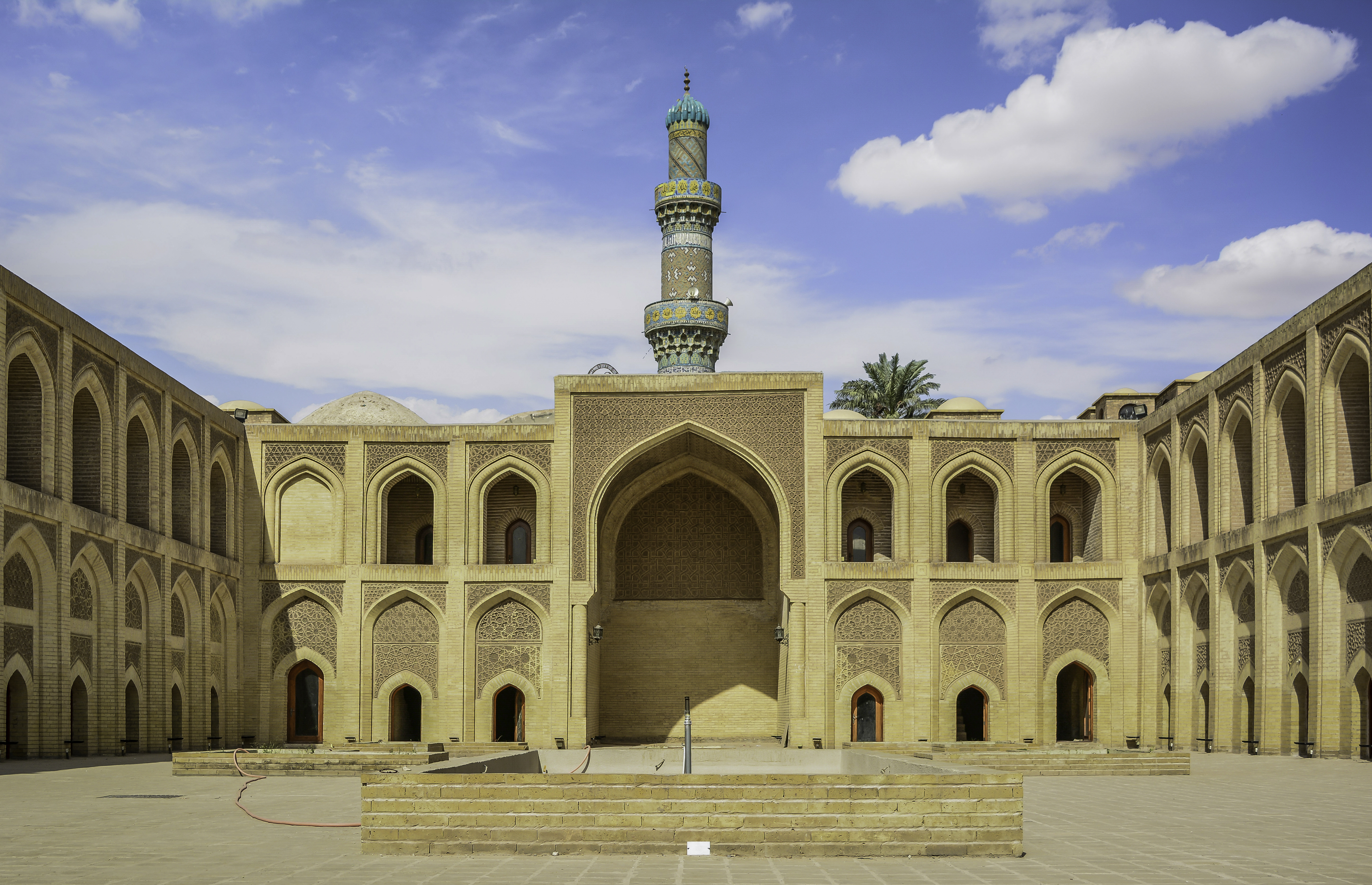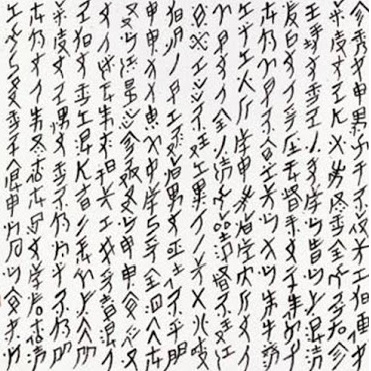Where Does the Word “Coffee” Come From?
Where Does the Word “Coffee” Come From?
Coffee is one of the most appreciated beverages in the world. Its etymology is a fascinating journey through continents and languages.
Coffee consumption is high around the world. In 2018 only, 173,092 thousands of 60-kg bags of beans were produced globally. If we do some math, that means an impressive 10 billion kilos of coffee in just one year. But what is the story of the word coffee?
Koffie, Kahve, Qahwa…
The word coffee entered English in 1582 via the Dutch koffie, which derived from the Ottoman Turkish kahve, borrowed in turn from the Arabic qahwah (قهوة). From here, etymologists start debating. The exact origin of the word is not sure, and there are two main hypotheses.
Some say the word qahwah, Arabic for coffee, comes from Kaffa. That is the name of the region in south-west Ethiopia that is the original natural habitat of the plant. According to historians, the plant was brought to Arabia with the Ethiopian invasions of the thirteenth and fourteenth centuries.
The idea that the word coffee comes from Kaffa is challenged by those who believe that the word qahwa in Arabic was already used to indicate a reinvigorating wine, and that only afterwards the meaning of the word narrowed to only indicate the beverage obtained from coffee beans.
A Long Journey
Whatever the exact origin of the word, coffee has travelled a long way from its original regions. By the 16th century, it had reached at least the whole Middle East and North Africa, Turkey, South India and Europe. Accounts report that Ottoman enslaved prisoners of war made coffee in Malta after the failed Great Siege of Malta of 1565. Shortly after, the rich merchant city of Venice started importing the beans from Egypt and made it the most demanded beverage of the Venetian elite. The French tried to profit from slave labour to produce coffee in their colony of Saint-Domingue (Haiti), but their project was soon cut short by the Haitian revolution that led to the independence of the country.
______________________________
Are You Good at Languages? Join Us!
We are a group of people convinced that language skills should be more valued in the job market. For this reason we created Kolimi, a platform that connects multilingual professionals to the people and business needing them, in any field of work.
Join us to find new opportunities! You can also follow us on Facebook, Twitter, YouTube or LinkedIn to discover new things about languages!
______________________________







